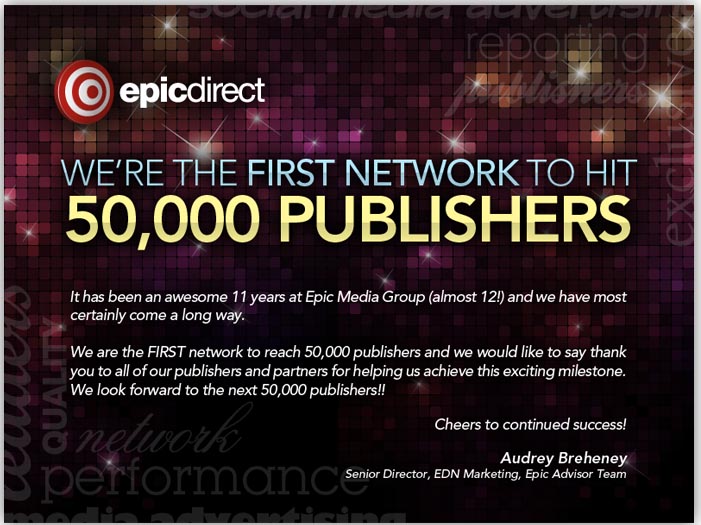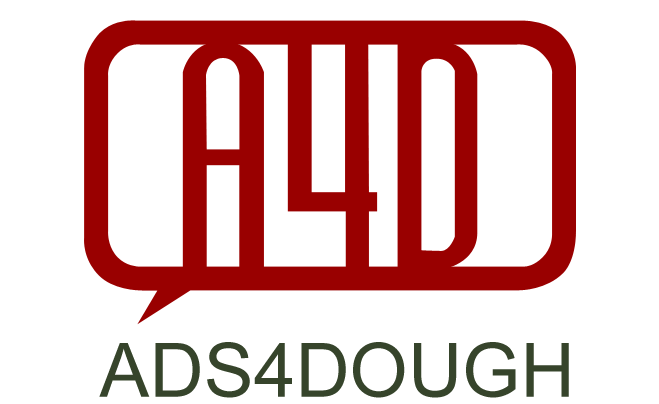So much to do, so little time.
“What should I do, Ana? Is it still a good time to jump into Twitter? Should I stop using Facebook? Do I need to start paying more attention to Google+?”
Social media is nothing new to any marketer.
We all know its power for networking, traffic generation, keeping up with the industry news, and even letting your family and friends know that you are still alive and kicking.
However, the choices abound and the time is short.
Whether you’ve been using social media for your business for a while or are a complete newbie to it, now, with Google+ on the scene, is as a good time as ever to take a closer look at which social media platforms to keep and which ones to give a boot in the rear.
Facebook, Twitter, or Google+ – let’s start with Facebook.
Facebook Traffic Generation
Can’t take a step in any direction these days without stumbling upon discussions as to whether Facebook will endure the introduction of Google+.
Facebook itself seems to think that it’s got something to worry about. Just take a look at all the recent updates it’s been rolling out like red carpet at Oscar’s.
My advice here is forget about the hype.
Remember, it doesn’t really matter whether FB is here to stay or not. The only thing that should matter to us is whether it PRODUCES TRAFFIC and whether the traffic is targeted enough to make it worth your time.
Here is how we are going to check for that: Google Analytics.
From your GA dashboard, go to Traffic Sources ==> Referring Sites.
Here are my top 5 referring sites as of the writing of this post:

Notice that Facebook is the fifth largest source – behind both Google+ and Twitter.
However, let’s not judge the book by its cover.
You want to take a closer look at all the statistics to REALLY see if Facebook is worth its salt – and this goes for every traffic generation source you are analyzing.
- Compare visits per page with the overall number of visits per page for your entire site, as well as how it stacks up against the other sources.
- Take a look at the average time on site – do your Facebook visitors stick around or flee your site like a rat off the sinking ship (by the way, this might indicate the problem with your site, not the traffic source).
- Percentage of new visits: doesn’t really indicate how qualified the traffic is, but does give you an insight into how good you are at expanding your reach. You want your readership to grow, don’t you?
- Bounce rate: once again, this number can certainly tell you how targeted your visitors are (after all, can’t sell a burger to a vegetarian, right?), but also might mean that you need to make some changes to your site. After all, if you are targeting your social media visitors as best as you can, yet they still don’t stick around when they pay you a visit, they simply might not like what they see.
Looking at my numbers, my conclusion is that it’s way too early to write Facebook off. It still produces a healthy amount of traffic and that traffic seems to be better qualified and has some good sticking power over the other sources.
Once again, see how YOUR Facebook visitors measure up against your other sources of traffic.
Just because the numbers point to a certain conclusion on my site, doesn’t mean you’ll get the same results when analyzing your stats.
Now that you have an idea of what YOUR Facebook traffic is worth to you and your traffic generation, here’s something just for fun: a friend of mine Sean Si of SEO-Hacker.com polled a few bloggers like Kristi Hines, Rand Fishkin, Dan Christo, and Zarko Zivkovic on the merits of FB vs Google+: Should you use Google Plus over Facebook?
Twitter Traffic Generation
Twitter, Twitter, Twitter…
I have a love-hate relationship with it – always did.
I was a late bloomer. Just didn’t get it for a long time.
Then I got it. My traffic from Twitter was incredible. My largest source of referral traffic.
Where’s the “hate” part?
Too noisy. Too spammy. Too impersonal.
However, as I told you above: forget about your personal feelings and analyze each traffic source for what it is – how much traffic it brings you and what quality that traffic is.
Follow the steps above to see whether your Twitter traffic is worth its salt.
By the way, f you want to learn more about how I drive thousands of Twitter users to Traffic Generation Cafe, read my post on how to get Twitter followers.
Here comes the kicker though: did I just say that Twitter has been my largest referral traffic source?
What about the Google Analytics screenshot above?
Glad you asked.
Here are the facts; you come to your own conclusions.
Here’s a GA screenshot of my referral traffic source before I got on Google+, which was on August 1.

Just to give you a frame of reference, I am writing this post on August 18 – that’s when I took the previous screenshot that shows Twitter below Google+.
I didn’t do anything different as far as my Twitter traffic generation is concerned. Yet, take a look at the numbers…
Which leads me very nicely into discussing our third social media traffic source: the new, the shiny Google Plus.
Google Plus Traffic Generation
I know of many bloggers who are waiting to see how Google Plus holds up first before they jump into it.
One of my readers recently complained that in her niche (work at home moms), no one is rushing to use it at all. And that’s true across the board.
Yet look at the numbers from my GA.
Would you like to add some 1000 visitors to your site in a matter of 18 days?
I don’t hear many no’s.
The very nature of any referral traffic source is this: they are all fly by night.
They only bring you traffic if you work at them. The minute you stop, the traffic dries up.
Google Plus brings traffic. Right now.
So why aren’t you a part of it? Who cares if it’s still around a month, two months, a year from now?
Another cool thing about Google Plus: it’s so uncrowded right now that it’s much easier to get noticed by all the right people in the blogging world than it is on any other platform I know of.
Most bloggers are on Google Plus and they are not using social media people to run their accounts for them – just yet.
Which means face time with some of the biggest names in blogging.
Can’t pass this up.
Word of caution: use your senses, would you? Don’t act like it’s a free for all and start harassing everyone – I’ve seen some people do it and it ain’t pretty.
Spam is spam even when it comes with the best intentions.
And to learn more about using Google Plus to generate more traffic, check out my Google Plus tutorial.
Marketing Takeaway
Which social media platform is the best traffic generator?
You tell me.
Follow the traffic trail and find out for yourself what works for YOU, YOUR site, and YOUR niche.




















 Bennet Kelley, of the
Bennet Kelley, of the  Mark J. Rosenberg of
Mark J. Rosenberg of 







